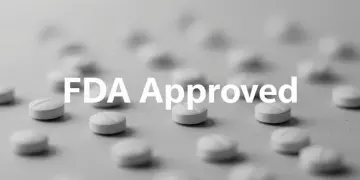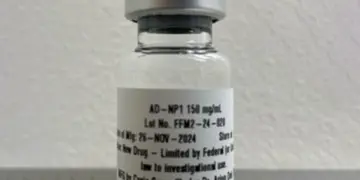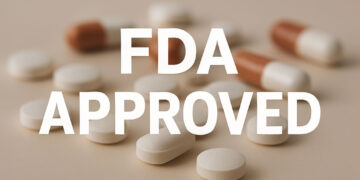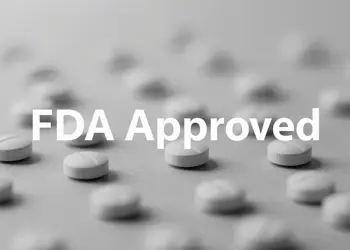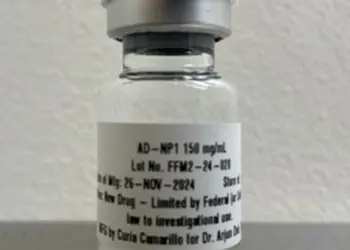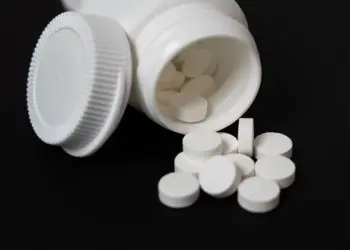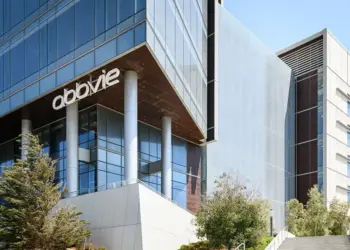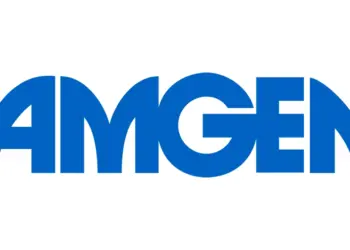Although one must have heard of tech giants such as Microsoft, Apple, as well as Meta getting caught up in certain antitrust scandals, big pharma is no less involved when it comes to antitrust litigation. Tactics such as pay-for-delay that put off generic drugs from making an entry into the market can go on to collide with antitrust laws. For example, Gilead Sciences thwarted the entry of generic versions when it came to its HIV drugs, which would have been sold at much lower rates to consumers. Although Gilead, with the Israeli company Teva Pharmaceutical, avoided shelling out billions in damages to drug purchasers, they now will go on to pay a whopping $246.8 million settlement on account of the delay.
Let’s look into five instances where pharma giants came head-to-head with antitrust regulators, including concerns about monopolies.
Boehringer Ingelheim, among others, in the case of a price-fixing scandal
Recently, the European Commission-EC imposed a €13.4 million ($14.1 million) fine on 5 pharmaceutical companies, including the likes of German multinational biopharma company Boehringer Ingelheim, for their involvement in a price-fixing conspiracy. Price fixing hinders competition by allowing the parties involved to manipulate the supply as well as demand of a product, thereby limiting consumer choices.
According to reports, the companies happen to be allegedly operating as cartels so as to establish dominance within the market for a drug ingredient known as N-butylbromide scopolamine/hyoscine- SNBB which is a crucial component in antispasmodic drugs that are used to ease stomach cramps. This case marks a significant milestone as the European Commission imposes sanctions on a pharmaceutical cartel for the first time, aimed at their manipulation of a drug ingredient.
Apparently 6 companies, namely Alkaloids Corporation, Boehringer Ingelheim, Alkaloids of Australia, Linnea Transo-Pharm, as well as C2 Pharma, were involved in colluding to set the lowest possible sales price of SNBB.
FTC vs. Actavis: Big Pharma Monopoly
FTC vs. Actavis happened to be a landmark antitrust case that occurred a decade ago, establishing the standard for more than 30 cases. This case brought attention to the intersection between antitrust law and patent infringement.
The story started when Solvay Pharmaceuticals, a multinational drug company, went on to acquire the patent for Androgel, a steroid hormone that is used to treat hypogonadism in men and gender dysphoria, twenty years ago.
Two companies, which included the global pharmaceutical Actavis, developed generic versions of Androgel with the goal of introducing them to the market. In order to move forward, Actavis submitted a patent application for its generic drug. Because of this, Solvay filed a lawsuit against Actavis for alleged patent infringement. After a three-year battle over patent rights, the US FDA granted Actavis permission to market its generic version of the Androgel drug.
Nevertheless, in an unexpected turn of events, if one may call it one, Actavis decided to collaborate with Solvay through a reverse payment settlement agreement. A reverse payment settlement agreement, also known as a pay-for-delay agreement, occurs when a company, such as Solvay in this case, sues another business for patent infringement. In this agreement, the suing company pays the defendant company to delay the entry of the generic version into the market.
As per the multi-million-dollar settlement, Actavis agreed to delay the launch of its generic steroid drug for a time frame of nine years. It is important to note that this duration was actually shorter than the patent period of Solvay’s Androgel.
Following that, the U.S. Federal Trade Commission – FTC, an independent agency responsible for enforcing antitrust laws, filed a lawsuit against all the parties who participated in the deal, alleging a violation of antitrust laws. Actavis and Solvay responded to the claims by asserting that patent-related settlements like these are not subject to antitrust challenges. They emphasised that this is particularly true because the period during which the generic versions are delayed from being sold ends before the end of the term of the Androgel patent. This claim aligns with a clause in U.S. patent law that grants patent owners the right to prevent other players from selling their products in the market.
The case was quashed by the District Court as well as the U.S. Court of Appeals for the Eleventh Circuit, although the Supreme Court ruled that the FTC could bring an antitrust challenge under the rule of reason. This rule states that if the anti-competitive effects of a monopoly surpass the pro-competitive effects, it will be looked at as an unlawful restraint of trade.
In the end, the court reached a 5-3 majority decision, with the Supreme Court rejecting the FTC’s support of the rule of presumptive illegality. This decision marked a significant shift in the treatment of reverse payments, thereby bringing them into the realm of antitrust concerns.
Amgen accomplishes Horizon takeover after the FTC brawl
One example of a recent case related to monopolies involves the biotech company Amgen, which acquired the Irish healthcare company Horizon Therapeutics for a multi-billion-dollar deal.
Horizon went on to introduce two highly successful drugs to the market. Tepezza is used to treat thyroid eye disease, an illness that leads to inflammation and damage around the eyes. On the other hand, Krystexxa is a therapy meant for chronic refractory gout, a rare form of arthritis resulting from a high level of uric acid in the blood. These drugs went on to be launched in 2020 and 2010, respectively.
Earlier this year, the FTC attempted to prevent Amgen from acquiring control over Horizon. The FTC argued that this purchase would give Amgen the ability to leverage discounts on its current drugs in order to influence insurance companies as well as pharmacy benefit managers to choose the two Horizon drugs.
According to the FTC, this would make it challenging for competitors of Tepezza and Krystexxa to match the rebates that Amgen could offer, effectively restricting emerging rivals.
In order to address the concerns raised by the FTC, Amgen has entered into an authorization agreement with the antitrust watchdog. This agreement specifically prohibits the biotech company from combining its products together with Horizon’s popular drugs.
As a result, the move cleared the way for Amgen to acquire Horizon for a total of $27.8 billion.
Controversy over Pfizer and EpiPen
Pfizer, which developed the EpiPen, a life-saving medication for anaphylaxis, has recently been the subject of an antitrust investigation by American lawmakers, and as a result, it has agreed to settle the claims by paying $50 million.
The lawsuit, which originated in 2020, was filed in a federal court in Kansas, USA. It alleged that Pfizer, along with Mylan, the company responsible for marketing EpiPens, conspired with Teva Pharmaceuticals to delay the release of a generic version of the medicine to the market.
The lawsuit alleges that Mylan and Teva reached an agreement to postpone the release of their drugs. Mylan delayed the introduction of Teva’s generic wakefulness drug, Nuvigil, while Teva held back its generic version of the EpiPen. Customers were very upset, considering the fact that the price of EpiPens increased from $100 in 2008 to $600 in 2016.
As a result, a $50 million settlement followed a previous payment of $345 million to consumers and insurers. These individuals were claiming that they had overpaid for EpiPens.
Other prominent antitrust cases concerning big pharma monopolies
The pharmaceutical industry has earned a reputation for being ruled by monopolies that often seek to gain control over the market. Earlier this year, Merck attracted the attention of regulators in the U.S. with its announcement to acquire Prometheus Biosciences, which happens to be a precision medicine company. Merck completed a $10.8 billion takeover after the government’s waiting period for the purchase expired. Additionally, Merck reached a $70 million settlement with Glenmark Pharmaceuticals, an Indian company, in a separate case. There were claims that both companies conspired to prevent the release of the generic version of Merck’s anti-cholesterol drug Zetia.
In addition to Merck, two Swiss pharmaceutical giants, Novartis and Roche, have also faced antitrust scrutiny for a while due to concerns regarding potential monopoly practices. The French competition regulator fined the companies €444 million ($475 million). The regulator alleged that the biotech companies misused their market dominance to promote the costly drug Lucentis, which is distributed by both businesses in the U.S. as well as Europe, instead of a more affordable alternative, despite its effectiveness in slowing vision loss.
The highest fine that could have been imposed by French antitrust authorities was avoided when an appeals court in Paris ruled that the two companies did not use their market power to unfairly promote Lucentis sales earlier this year.



